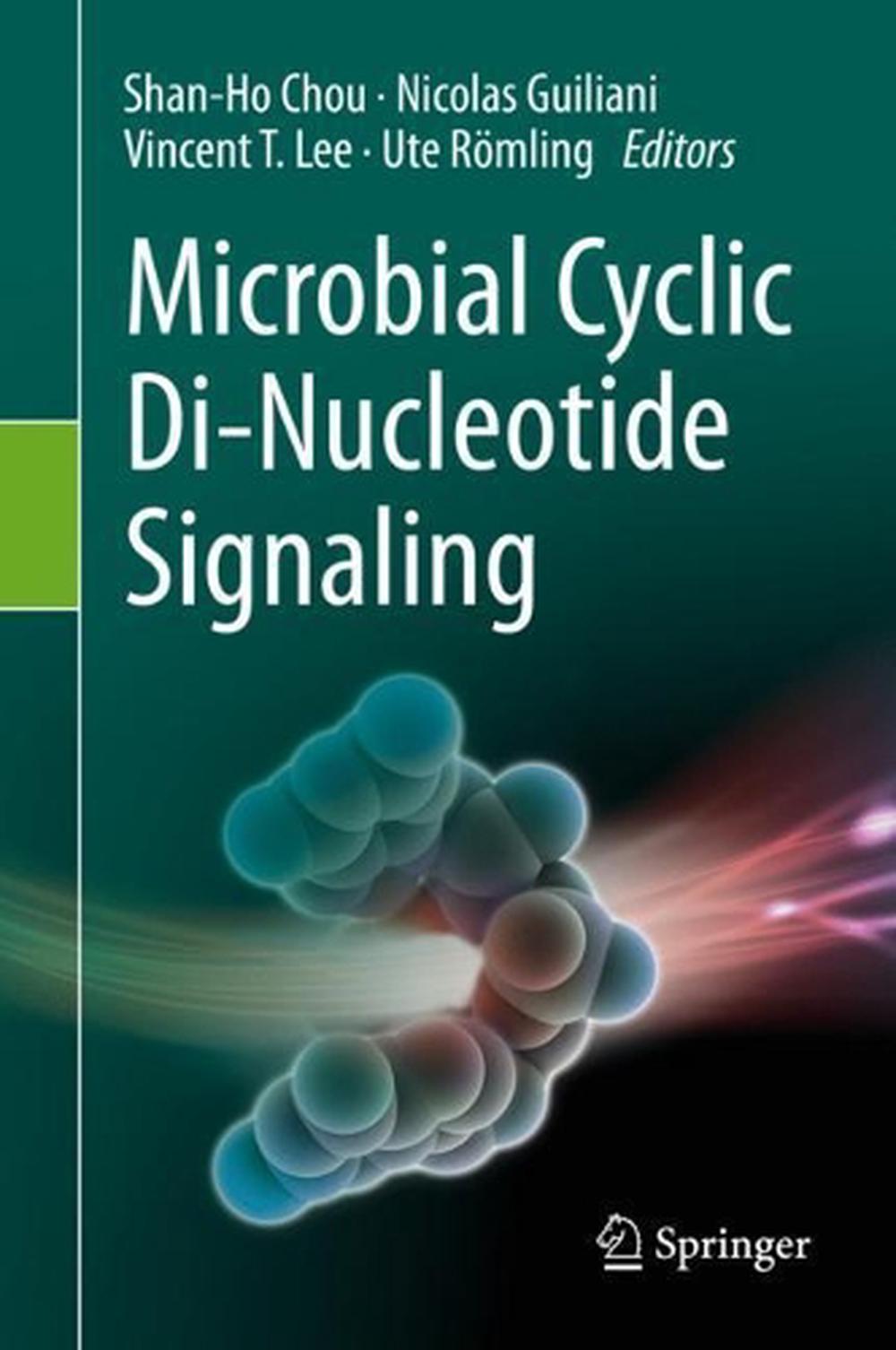Microbial Cyclic Di-Nucleotide Signaling
by Shan-Ho Chou, Nicolas Guiliani, Vincent T. Lee, Ute RömlingEstimated delivery 3-12 business days
Format Hardcover
Condition Brand New
Description This book explores the broad and diverse biological and physiological impacts of established and newly discovered cyclic di-nucleotide second messenger signaling systems, while also providing descriptions of the intriguing biochemical characteristics of multiple turnover enzymes and receptors. The respective chapters discuss the commonalities and diversity of cyclic di-GMP, cyclic di-AMP and recently discovered cyclic GMP-AMP signaling systems in manifold Gram-negative and Gram-positive bacteria. The global human pathogens Mycobacterium tuberculosis, Vibrio cholerae, Salmonella typhimurium, Escherichia coli and Streptococcus pneumoniae, the facultative human pathogen Pseudomonas aeruginosa, global plant pathogens as exemplified by Xanthomonas campestris and Burkholderia spp., and the omnipresent probiotic Lactobacilli, as well as environmentally importantphotoautotrophic cyanobacteria, the multicellular Myxococcus xanthus, and chemolithotrophic Acidithiobacillus are among the representatives of the microbial kingdom that are described.In turn, the various aspects of bacterial physiology affected by these signaling systems– e.g. biofilm formation and dispersal, the cell cycle, motility, virulence, production of antimicrobials, fundamental metabolism and osmohomeostasis – are discussed in detail in the context of different microorganisms. Dedicated chapters focus on the population diversity of cyclic dinucleotide signaling systems, their tendency to be horizontally transferred, the cyclic di-GMP signaling system in the social amoeba Dictyostelium, honorary cyclic (di)nucleotides, and the development of strategies for interfering with cyclic dinucleotide signaling in order to manipulate microbial behavior.Taken together, the chapters provide an authoritative source of information fora broad readership: beginners and advanced researchers from various disciplines; individuals seeking a broad overview of cyclic di-nucleotide signaling; and those who want to learn more about specific aspects. Also featuring reviews with a forward-looking perspective, the book offers a valuable source of inspiration for future research directions.


